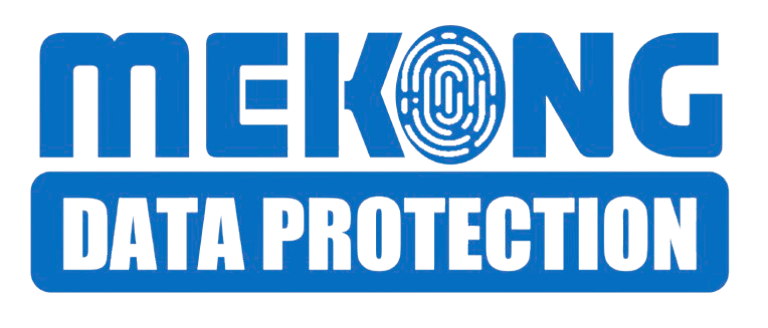What Is Data Protection and Why It Matters in the Digital Age
In today’s hyperconnected world, data is one of the most valuable assets. From online shopping habits to sensitive health records, the information we generate and share is central to the way we live, work, and interact. However, this growing reliance on digital systems has brought significant challenges, including the need to protect personal and organizational data from misuse, breaches, and unauthorized access.
DATA PROTECTION
Pheakdey Heng, Ph.D
5/8/20242 min read
In today’s hyperconnected world, data is one of the most valuable assets. From online shopping habits to sensitive health records, the information we generate and share is central to the way we live, work, and interact. However, this growing reliance on digital systems has brought significant challenges, including the need to protect personal and organizational data from misuse, breaches, and unauthorized access.
This is where data protection comes in—a critical concept that ensures privacy, security, and trust in the digital age.
What Is Data Protection?
Data protection refers to the strategies, policies, and measures put in place to safeguard personal and organizational information from unauthorized access, loss, or corruption. It involves the responsible collection, storage, use, and sharing of data, ensuring compliance with privacy laws and ethical standards.
Key elements of data protection include:
• Privacy: Ensuring individuals have control over how their data is used.
• Security: Preventing unauthorized access to data.
• Transparency: Informing individuals about how their data is being handled.
• Accountability: Holding organizations responsible for adhering to data protection standards.
Why Data Protection Matters
1. Protecting Individual Privacy
Personal data includes sensitive information such as names, addresses, financial details, and health records. When this data is mishandled or exposed, it can lead to identity theft, fraud, or other malicious activities. Protecting data ensures individuals can maintain control over their personal information.
2. Building Trust in the Digital Economy
For businesses, trust is currency. Customers are more likely to engage with companies that prioritize data protection. In the digital economy, where e-commerce, online banking, and remote work thrive, robust data protection measures build confidence and foster long-term relationships.
3. Ensuring Legal Compliance
Governments around the world are enacting stringent data protection laws, such as the EU’s General Data Protection Regulation (GDPR) and Thailand’s Personal Data Protection Act (PDPA). Non-compliance can result in hefty fines, legal repercussions, and reputational damage.
4. Mitigating Cybersecurity Risks
Cyberattacks, such as ransomware and phishing, target valuable data. Effective data protection reduces the likelihood of breaches and limits the impact if they occur. Organizations that invest in security measures can avoid costly disruptions and safeguard their reputation.
5. Advancing Ethical Use of Data
Data drives innovation, from artificial intelligence to personalized healthcare. However, its use must align with ethical principles. Data protection ensures that organizations respect the rights of individuals while leveraging data for progress.
The Role of Data Protection in the Mekong Region
The Mekong region is experiencing rapid digital transformation. Governments, businesses, and civil society are increasingly recognizing the importance of data protection to foster innovation, attract investment, and protect citizens’ rights.
With emerging frameworks like ASEAN’s Data Protection Framework and national laws such as Vietnam’s Law on Cybersecurity and Thailand’s PDPA, the region is taking steps toward strengthening data governance. However, challenges such as inconsistent regulations and limited public awareness remain.
The Mekong Center for Data Protection (MCDP) plays a vital role in addressing these challenges by providing resources, training, and advocacy to promote robust data protection practices across the region.
How You Can Contribute
Data protection isn’t just the responsibility of governments or businesses—it’s a shared responsibility. Here’s how you can play your part:
• Individuals: Use strong passwords, avoid oversharing online, and understand your rights regarding data privacy.
• Businesses: Implement robust security measures, conduct regular audits, and comply with relevant data protection laws.
• Policymakers: Advocate for clear, harmonized laws that balance innovation with privacy.
Conclusion
In the digital age, data protection is more than a legal requirement—it’s a necessity for safeguarding privacy, fostering trust, and ensuring a secure and innovative future. By prioritizing data protection, we can unlock the full potential of the digital economy while respecting the rights and dignity of individuals.
At the Mekong Center for Data Protection, we’re here to guide and support individuals, businesses, and governments in their data protection journey. Together, let’s build a more secure and privacy-conscious digital landscape.
Interested in learning more? Explore our resources, join our workshops, or become a member of the MCDP network today!
